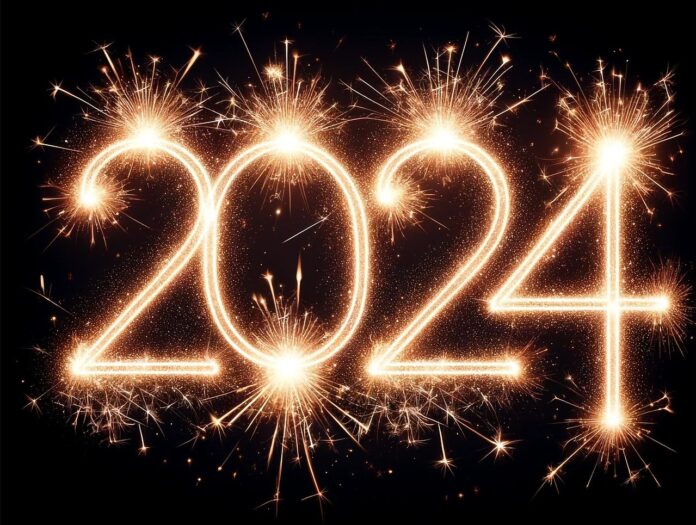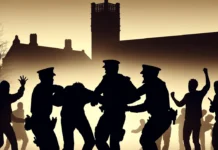As the clock strikes midnight and fireworks illuminate the night sky, people around the world come together to celebrate the arrival of a new year. The tradition of ringing in the New Year is a universal phenomenon, but the customs and festivities associated with it have evolved over centuries, creating vast cultural celebrations.
The roots of New Year’s celebrations can be traced back over 4,000 years to ancient Babylon. The Babylonians were among the first to recognize the significance of the vernal equinox, marking the beginning of spring, as a time for new beginnings. They celebrated with an 11-day festival called Akitu, during which they crowned a new king and made promises to the gods for the coming year.
The Roman calendar, which designated January 1 as the start of the New Year, was later adopted by the medieval Christian church. However, during the Middle Ages, the date of New Year’s celebrations varied across Europe. In some regions, festivities were tied to the spring equinox, while in others, they coincided with Christmas or the Feast of the Annunciation.
The transition to the modern New Year’s celebration as we know it today was not seamless. In 1582, Pope Gregory XIII introduced the Gregorian calendar, aligning the date of the New Year with the winter solstice. This adjustment standardized the celebration and brought it closer to the January 1 tradition we observe today.
Cultural influences have played a significant role in shaping New Year’s celebrations. In Scotland, the celebration of Hogmanay is marked by the first-footing tradition, where the first person to enter a home after midnight brings symbolic gifts. In Japan, the New Year, or Oshogatsu, is a time for family gatherings and visits to shrines. Meanwhile, in the United States, the iconic Times Square ball drop has been a symbol of the New Year since 1907.
Through the ages, the celebration of the New Year has witnessed political, religious, and cultural shifts, adapting and incorporating diverse customs along the way. Today, as we bid farewell to the old and welcome the new, we partake in a global celebration that echoes the echoes of millennia past—a testament to the enduring human spirit and the universal desire for renewal.










